We are pleased to present to our readers the address delivered by Gianluca Falcitelli following his election as Director of CISP at the Members' Assembly on 21st June 2025. In his speech, he reflects on the main challenges confronting our organisation and offers an analysis of our work – past, present, and future – which will be undertaken with the collective support and collaboration of us all.
It was with a great sense of enthusiasm that I put my name forward for the Directorship of CISP, and I am deeply grateful to you all for the confidence you have placed in me.
I believe that today, as CISP, we're facing at least three significant challenges.
The first, and in my view most crucial, is the imperative to reflect on the very purpose of our existence and operations. Today’s world is grappling with immense tragedies and crisis such as the conflicts in the Middle East, Europe, and Africa; the crisis in Latin America; the rise of populism and protectionism, the prioritisation of internal security and national borders; the erosion of multilateralism and forums such as the United Nations or the European Union; the weakening of international law; and the diminishing importance of concepts like hospitality, rights, and peace.
Given these circumstances, our role as a civil society organisation can’t be taken as granted. It is imperative that we continually scrutinise the purpose, function, and contribution of an organisation like CISP. As Paolo Dieci used to say, while we may not be able to change the entire world, we certainly possess the capacity to transform individual lives; this remains the profound objective we must tirelessly pursue.
Moreover, in an world where war has been rehabilitated, legitimised, and normalised, our fundamental responsibility must remain the unequivocal reaffirmation of peace as a human right.
In the countries where we work, CISP has both the capacity and the duty to reassert the unifying power of peace among diverse peoples and regions. We must commit to the continuous pursuit of peace, not only as a means to resolve conflicts, fostering constructive dialogue, promoting reconciliation, and ensuring peaceful coexistence, but also as a vital pathway to eliminating inequalities. Furthermore, we must persist in cultivating networks, partnerships, and meaningful exchanges, consistently demonstrating how all our projects are intrinsically designed to both advance peace and reduce inequalities.
The second significant challenge pertains to CISP's growth and strategic development, with the precise goal of maximising the impact of our peace and development initiatives. Our forty-year history has provided us with a wealth of expertise, experience, and inherent potential. It is crucial that we leverage these capabilities fully, strengthening our involvement in regional projects and responding effectively to chronic humanitarian crises. Moreover, the Mediterranean remains a pivotal area where our established experience enables us to contribute significantly to thoughtful, sustainable development that extends beyond national borders.
Our third challenge concerns CISP's internal structure, especially given the recent decision to become a participatory foundation. This represents the start of a new chapter, requiring us to embrace a forward-looking perspective. We will continue to honour the significant contributions and experience of our established members and collaborators, yet simultaneously seek to introduce new dynamism, uplift young talent, and engage new supporters and members.
This will undoubtedly be an ambitious journey, yet I am confident it will contribute significantly to our collective growth. I'm convinced that, as always, CISP's greatest asset lies with its people: our members, employees, collaborators, and supporters. We possess the passion, experience, and determination to tackle challenges head-on, contributing to improved lives and the establishment of peace.
Thank you.
To learn more about Gianluca Falcitelli, read his recent interview.

